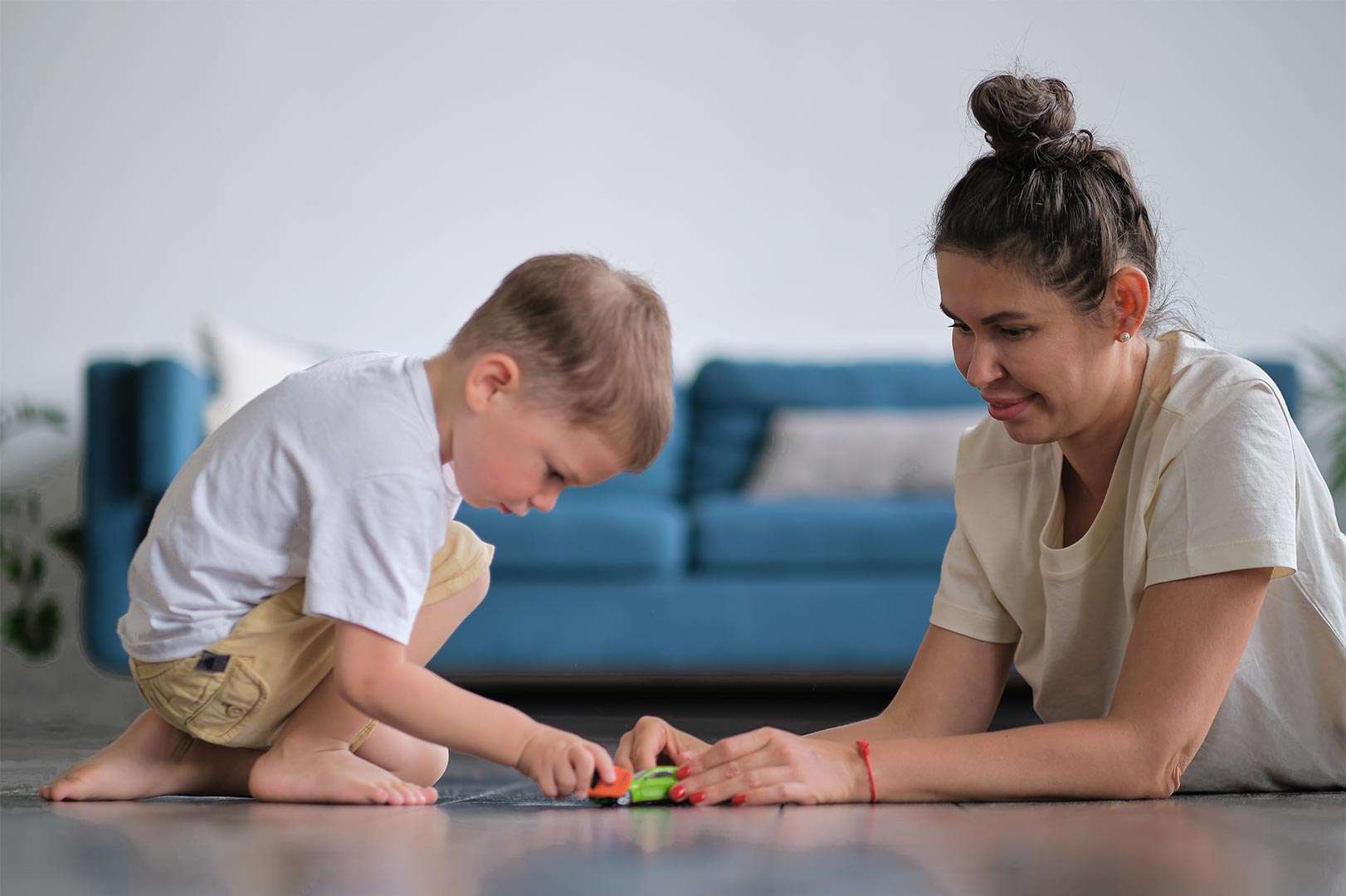Effective classroom management is the cornerstone of a productive and engaging learning environment. It’s the art of fostering positive behavior, minimizing disruptions, and ensuring that every student feels safe, respected, and motivated to learn. While it may seem like an uphill battle at times, implementing effective behavior management strategies can transform your classroom into a haven of harmonious learning.
1. Establish Clear Expectations and Consistent Consequences
A classroom without clear expectations is like a ship without a rudder. Clearly define the rules of conduct, both in terms of what is acceptable and what is not. Post these expectations prominently in the classroom and ensure they are discussed and understood by all students.
Consistency is key when it comes to consequences. If a student breaks a rule, the consequence should be clear, fair, and applied consistently. This doesn’t mean that every infraction should result in the same punishment. Tailor the consequences to the severity of the offense and the student’s individual needs.
2. Build Positive Relationships with Students
A strong connection with your students is a powerful tool for behavior management. Take the time to get to know your students, understand their backgrounds, and appreciate their unique personalities. Show genuine interest in their lives, their passions, and their challenges.
Positive reinforcement goes a long way in building rapport. Acknowledge and praise good behavior, both big and small. A simple “great job” or a smile can make a world of difference.
3. Create a Structured and Predictable Environment
Students thrive on routine and predictability. Establish clear daily routines for transitions, activities, and expectations. This helps students feel secure and reduces anxiety, which can often lead to disruptive behavior.
Involve students in creating the classroom routines. This gives them a sense of ownership and increases their buy-in.
4. Foster a Positive and Respectful Classroom Culture
Creating a positive and respectful classroom culture is essential for effective behavior management. Cultivate an atmosphere of mutual respect, where students feel valued and heard. Encourage open communication and address concerns promptly and fairly.
Promote empathy and understanding among students. Encourage them to see things from different perspectives and resolve conflicts peacefully.
5. Address Disruptive Behavior Proactively
Don’t wait for disruptive behavior to escalate before addressing it. Nip problems in the bud by redirecting students, providing reminders, and offering support.
When addressing disruptive behavior, do so privately and calmly. Avoid public humiliation or personal attacks. Instead, focus on the behavior itself and explain why it is unacceptable.
6. Utilize Positive Reinforcement Strategies
Positive reinforcement is far more effective than punishment in shaping behavior. Reward students for following expectations, demonstrating positive behavior, and making academic progress.
Positive reinforcement can take many forms, such as verbal praise, written recognition, or even tangible rewards. Choose rewards that align with students’ interests and motivations.
7. Seek Support When Needed
Effective behavior management is a collaborative effort. Don’t hesitate to seek support from colleagues, administrators, and parents. Share your concerns, discuss strategies, and work together to create a positive and supportive learning environment for all students.
Remember, every student is different, and what works for one may not work for another. Be flexible in your approach and adapt your strategies as needed. With patience, persistence, and a genuine love for teaching, you can create a classroom where all students feel empowered to learn and grow.
Find out if your child needs extra support today!
- My child screams hysterically
- My child is mean to other children
- My child is always worried
- My child is scared to go to school
- My child is scared of loud noises
- My child doesn’t know how to read
- My child is scared to play outside
- My child does not respond to his name
- My child always gets in trouble
- My child fights with other children
- My child doesn’t know how to count
If you are concerned about your child’s development, contact us for Assessments: Phone/Telegram: 077.455.993 – Telegram Link: https://t.me/OrbRom
If you are concerned about your child’s development, contact us for Assessments.
Phone/Telegram: 077.455.993 Link: https://t.me/OrbRom






Leave A Comment